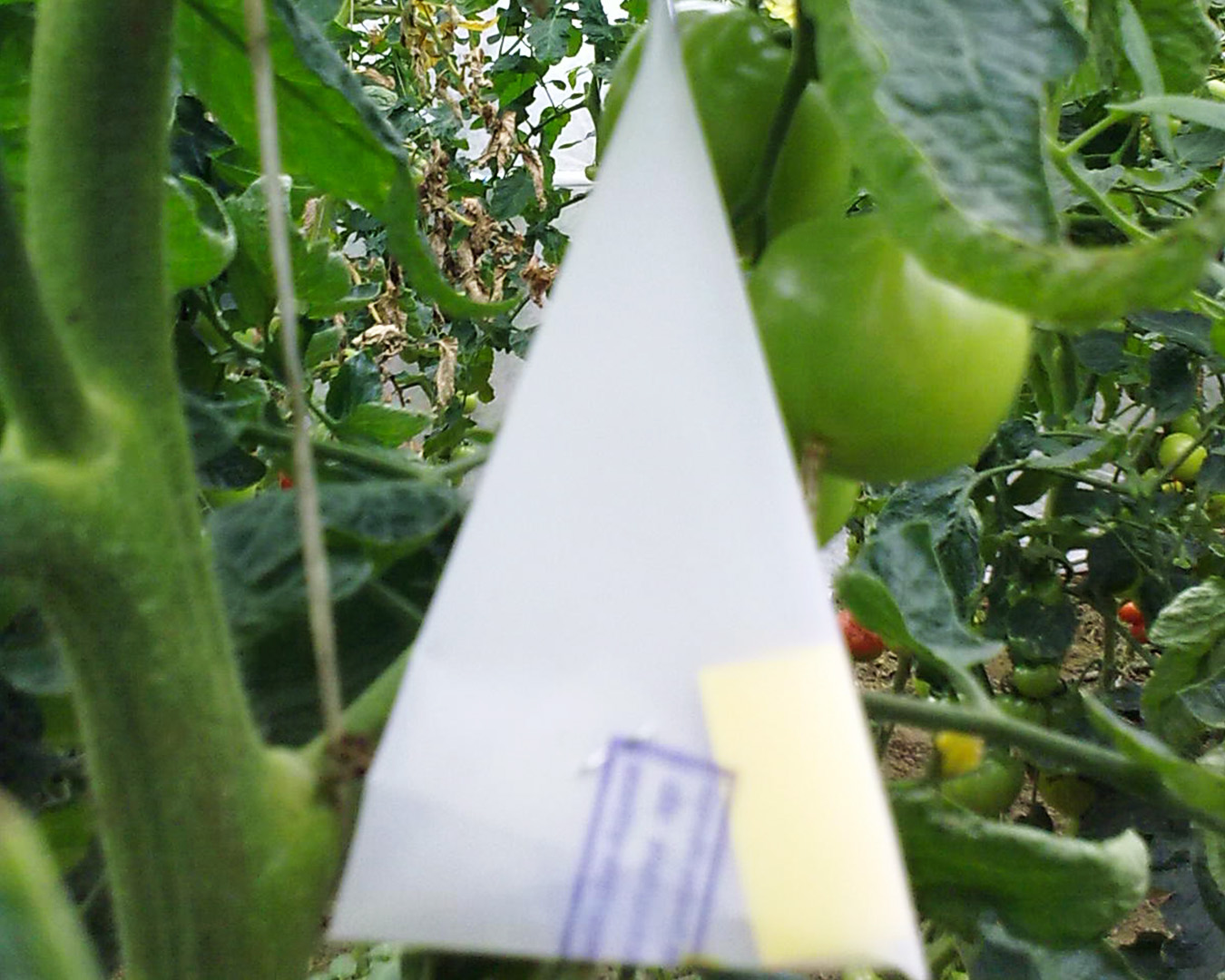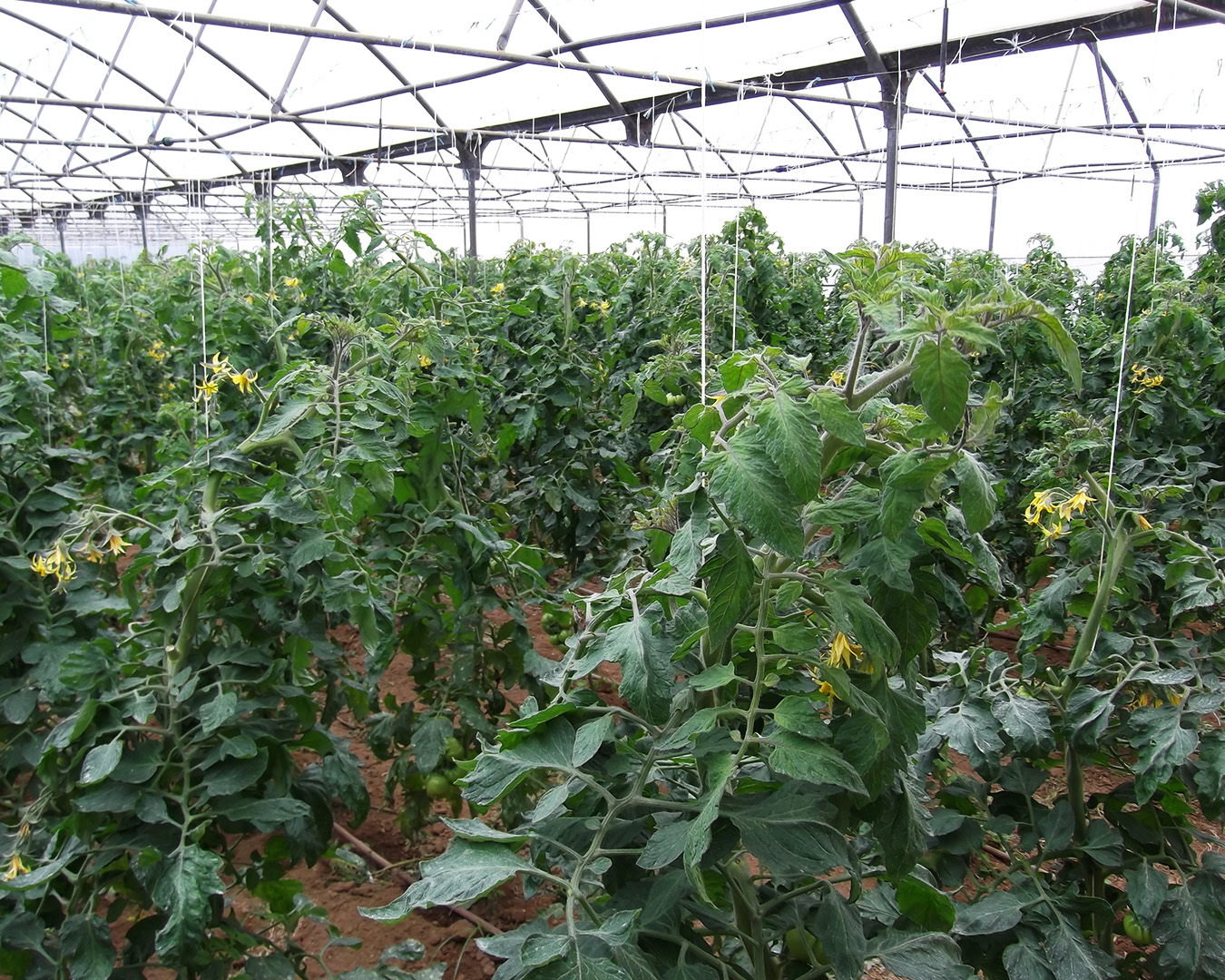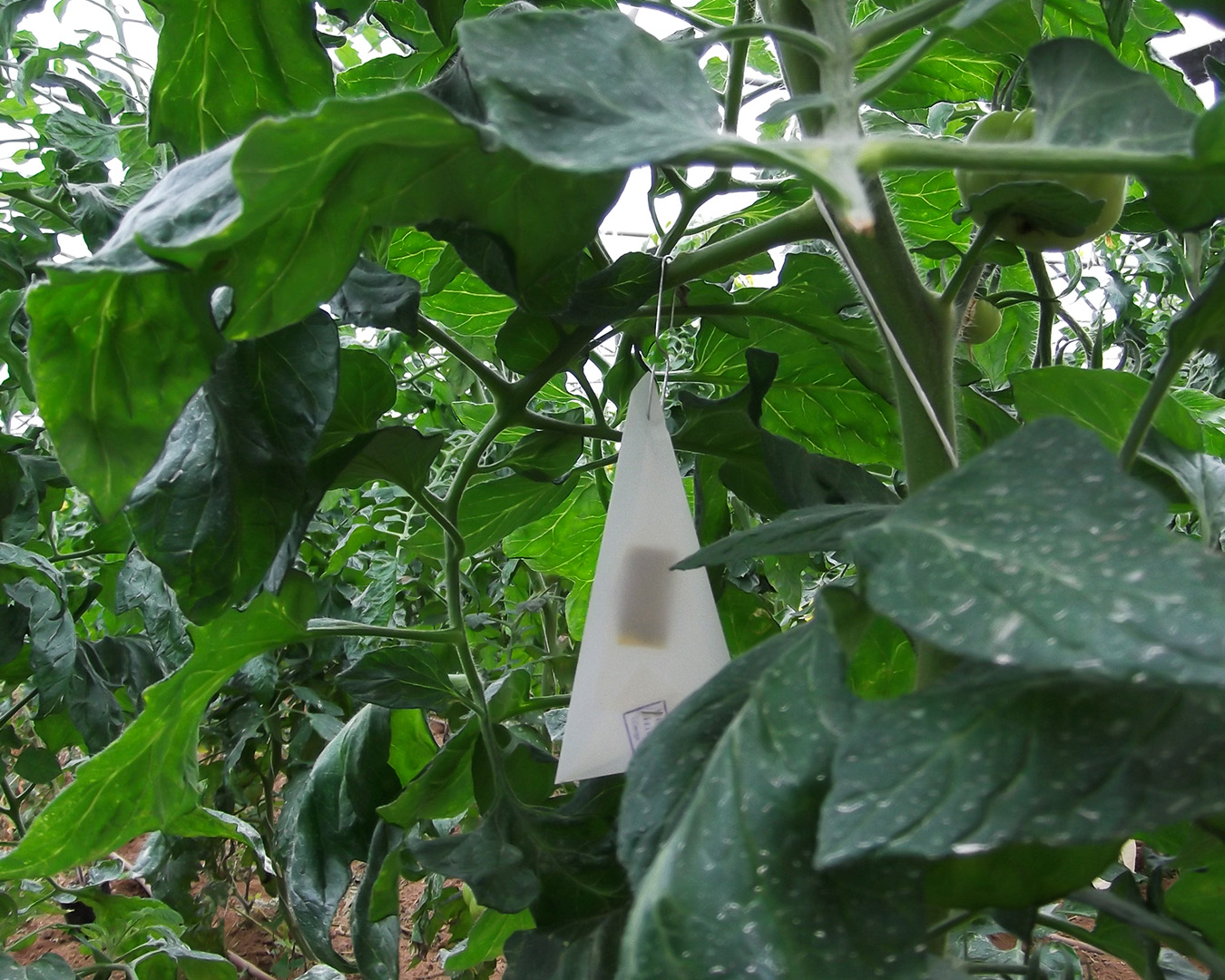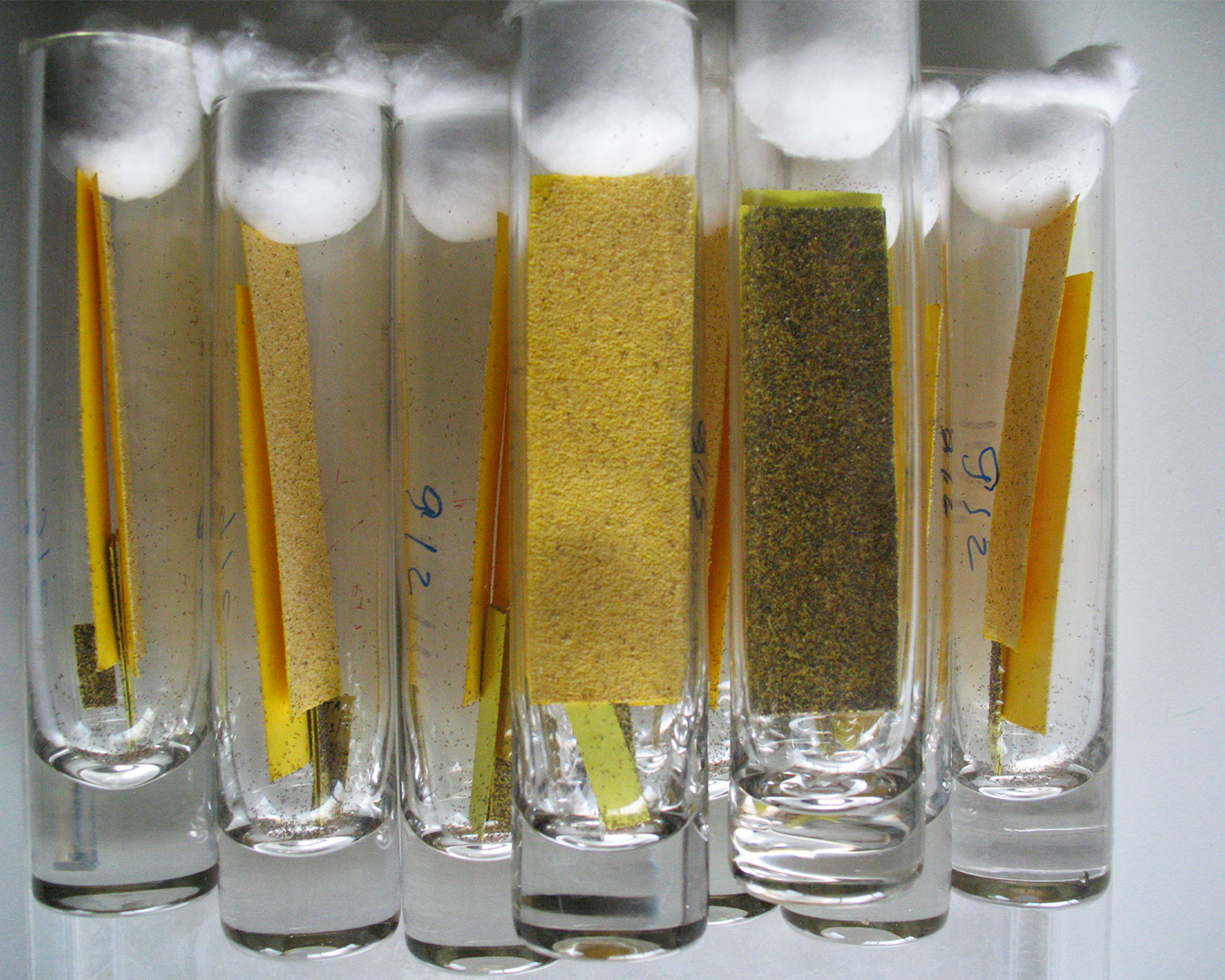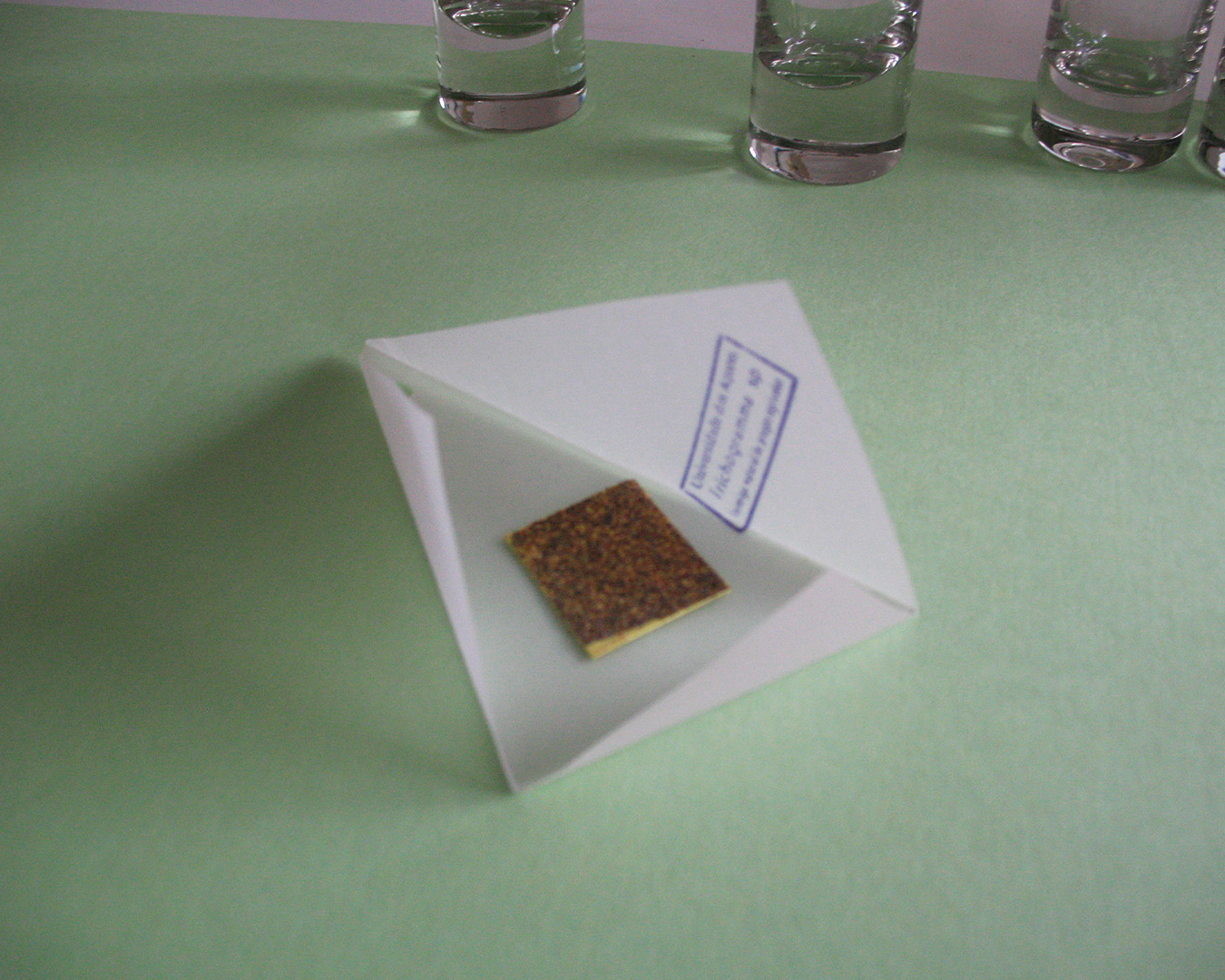
| Acronym: | ECO2-TUTA |
| Cost Center: | 856 |
| Operation Code: | ACORES-01-0145-FEDER-000081 |
| Title: | Evaluation of the ecological and economic feasibility of mass production of biological agents to combat Tuta absoluta (Meyrick) (Lepidoptera, Gelechiidae), in protected culture, in the Azores |
| Start-End: | 01-04-2019 - 30-06-2023 |
| Entidade Beneficiária Principal: | Fundação Gaspar Frutuoso |
| Gestores da FGF: | Lúcia Cláudio |
| Responsible Researcher: | António Onofre Costa Miranda Soares |
| Organic Units: | FCT - Faculdade de Ciências e Tecnologia |
| R&D Units: | GBA-cE3c - Grupo de Biodiversidade dos Açores |
| Entidade | Montante |
|---|---|
| Total Eligible Cost | 183.731,88 € |
| Direção Regional da Ciência e da Tecnologia (15.0 %) | 27.559,78 € |
| PO Açores 2020 - FEDER (85.0 %) | 156.172,10 € |
Main Objectives:
Increase quality scientific production oriented towards intelligent specialization.
This R&D project proposal addresses an innovative idea and concept for Portugal. In a joint collaboration with a private company (Anatis Bioprotection Inc.), we intend to develop a model to evaluate the economic and financial viability for the implementation, in the Azores, of a bio-factory that produces biological control agents (ACB) to control southern caterpillar -American tomato mining company and thus supply the local and national market. This will be done after the development of research, laboratory and field work, aiming to study the most promising native organisms, identified in the ecosystems of the Azores and in mainland Portugal.
Project Description:
Following the approval of Law 26/2013, of 11 April, which regulates the distribution, sale and application of plant protection products (...) and defines monitoring procedures for the use of plant protection products (transposition of Directive 2009/128/EC of the European Parliament and of the Council of 21 October 2000 establishing a framework for action at Community level for the sustainable use of pesticides, commercial biological control has taken over an important role in the sustainable production of crops. However, to achieve this objective, ecosystem services provided by native organisms must be seen as a viable alternative for the control of crop pests. The protection of crops by native organisms is still of importance greater in insular ecosystems particularly sensitive to the loss of biodiversity due to the negative impacts of the importation and release of agents from non-native agents.
From the AGR1 and 3 objectives of RIS3, the operation combines applied research and the business environment, values natural resources and the sustainability of agroecosystems and aims to contribute i) to the implementation of a sustainable and competitive bio-industry that supports the development of a European bioeconomy, through the transfer of scientific knowledge and skills, with a view to increasing agricultural productivity and ii) ecological sustainability of Azorean agroecosystems, plant protection, food safety and human health .
This proposal includes six tasks, organized into two components. The first component consists of four tasks that aim to: 1) identify the most promising native CBAs, associated with T. absoluta, 2) and 3) to assess the best biotic and abiotic conditions for mass rearing of ACB, 4) to assess synergisms/antagonisms between ACB and 5) the efficacy of releasing, under an augmentative strategy, agents biological. In the second component, the data collected in tasks 1 to 3 will be made available to the researchers involved in the task that aims to 6) determine the economic and financial feasibility for the implementation of the production of biological control agents.
Results:
2 Scientific meetings; 5 scientific articles to be published in international journals; 2 scientific articles to be published in national journals; 2 Oral communications at congresses; 2 Technical Reports, 1 Model, 1 Pilot Installation and 2 Master's Theses.


